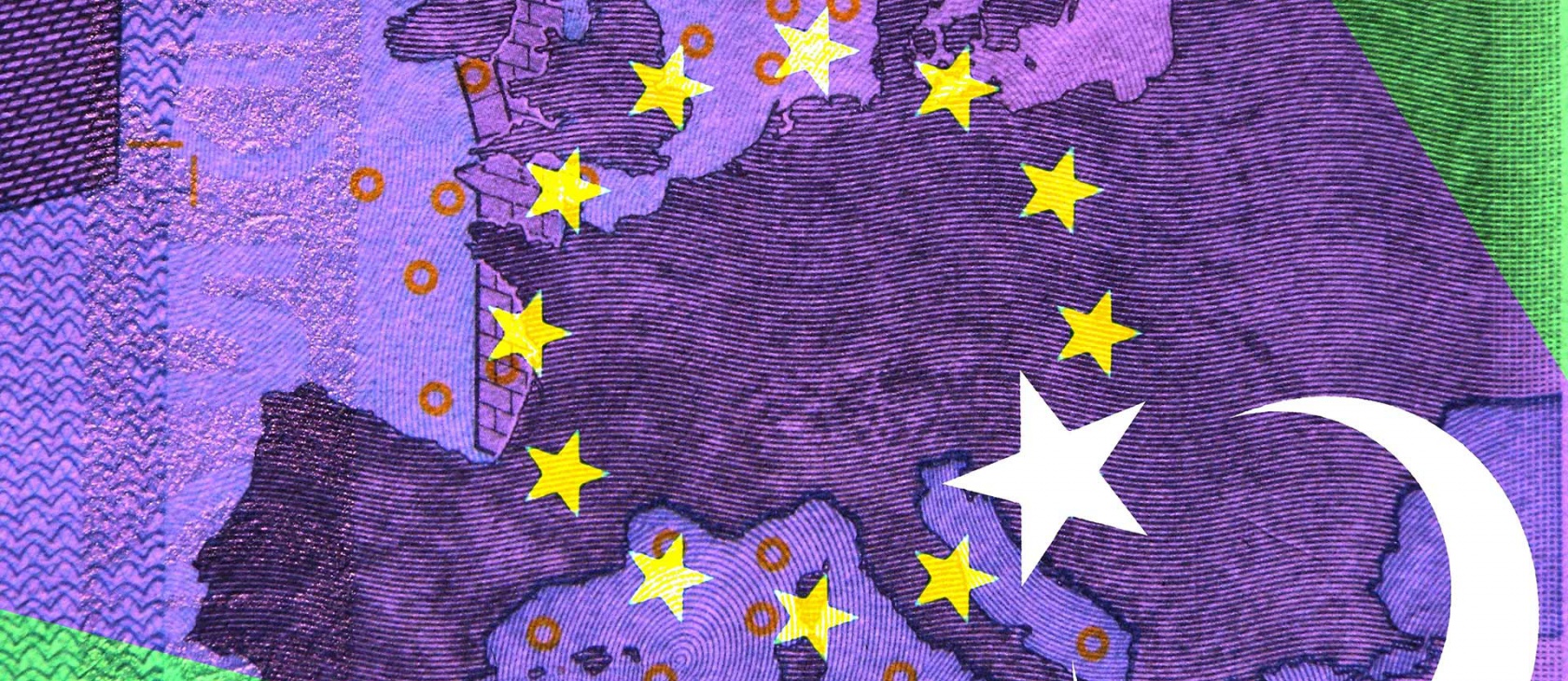There is no more sensitive issue for European politicians than that of Islamic immigration. The fact of mass immigration from Muslim-majority countries in the Middle East, Africa and South Asia is plain to see, but all but the most nationalist speak in general terms about “migration” and “integration.” Those who raise the religious dimension usually refer to European “values” rather than Christianity. The dictates of one of those values, multiculturalism, make it impossible to judge Islamic culture as such.
Is this state of affairs beginning to change? I’ve just returned from a conference in Budapest, officially sponsored by the Mathias Corvinus Collegium but clearly supported by the Hungarian government headed by Viktor Orbán. It was an unusual event because every one of the 60-some speakers was, to varying degrees and for different reasons, skeptical about mass immigration. One panel even dared to ask “Is Sharia law irreconcilable with democracy?” (The answer was yes, but Daniel Pipes and Ayaan Hirsi Ali went to great lengths to separate political Islamists from religious Muslims.) Some of us took a field trip to the 170-kilometer-long fence and asylum-processing center at the Hungarian-Serbian border. It was as politically incorrect as an academic conference can be.
Yet even in such a setting, I came away with the impression that Europeans are trying to fight something with nothing. Islamist terrorism is a national security issue but what to do about Islam as a religion? To what should radical Islam be reformed? As far as I could tell, only one speaker spoke of a “Christian Europe” that should combat abortion, euthanasia, pornography and same-sex marriage. Two Nigerian priests and an Iraqi Orthodox Archbishop made pleas for the survival of their local Churches against Islamist threats. I gathered that most of those present would rather help these Christians by increasing foreign aid to Africa and rebuilding churches in the Middle East rather than welcoming them to Europe. An inescapable yet unaddressed question at the Budapest conference: Do the race and ethnicity of immigrants matter more than their beliefs?
Economic considerations certainly outweigh religious ones in contemporary Europe. Demographic decline has been regarded a major “pull” factor of migration since the end of World War II. Former colonial powers such as the United Kingdom and France have relied on their former subjects to make up for the lack of native workers, while countries such as Germany imported “guests” from Turkey who ended up becoming permanent residents, if not citizens. We Wanted Workers is the telling title of economist George Borjas’s non-economics book on immigration. (An immigrant to the United States from Cuba, Borjas told me he only discusses immigration with economists because he doesn’t want to be labelled as either pro- and anti-immigration. “Values” are outside the economist’s concern.)
Propagating the faithful over the faith seems to be the approach taken by Hungary. Several ministers spoke of their efforts to increase fertility rates through tax incentives and subsidies. Billboards showing children in happy families are common alongside the highways of the country. The appeal is to pocketbooks as much as hearts.
In my 15-minute intervention at the Budapest conference, I tried my best to situation migration in the context of political economy. As Borjas said, economists don’t like making “value judgements” and leave those to the politicians. In a democracy, the people decide which values are important in the political arena. What, then, is the grounding of European values? At best, it is some sort of secular or humanitarian residue of Christianity or ever-expanding notions of human rights; at worst, a soft nihilism prone to exploitation by populists of the left and right.
I also tried to relate the experiences of my parents as immigrants from India to the United States and my own from the US to Italy. The Catholic Church has been a great educator and assimilator of immigrants in all these places, mainly through Catholic schools and other institutions that were open to all. More generally, the Church has been able to balance the universal claims of Christianity and natural law with the particular needs of local communities. Putting God first puts all other lesser goods in their place, preventing them from becoming idols, which is precisely what unmoored capitalism and nationalism can become. The weakness of institutional Christianity is perhaps one reason why mass immigration has become a political crisis: There is no mediator between open-border globalism and ethnic nationalism.
The more religious-minded in the audience seemed to understand what I was saying; the more secular-minded less so. One of the latter told me he worried about the spread of “dogmas” coming at the expense of free speech and thought. If the Church is not spreading dogmas with charity, what is its point? Haven’t other dogmas in favor of freedom and equality replaced the Christian ones? And can these secular dogmas survive confrontations with relativism and Islam?
Most of the speakers in Budapest referred to European identity without every specifying what it is. Whether modern Europe results from a liberal construct meant to pacify intra-Christian conflict or the development of a Christian civilization over time is an academic question with real world effects. In either case, the role of Christianity is significant and can only be neglected at great cost. The mass immigration of Muslims may well force Europeans to recognize the truth of Hilaire Belloc’s “infamous phrase.” Does Europe have the eyes to see, the ears to hear it?
(Photo credit: John Kehly/Shutterstock.com)



